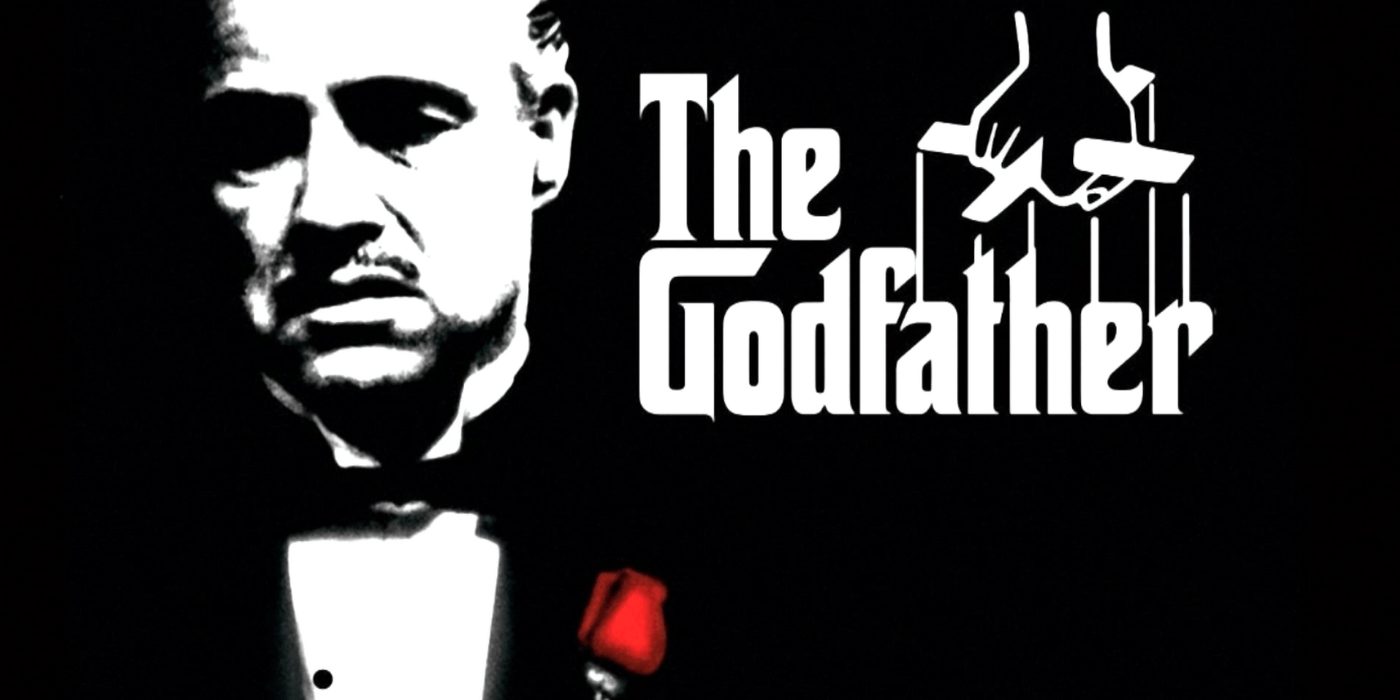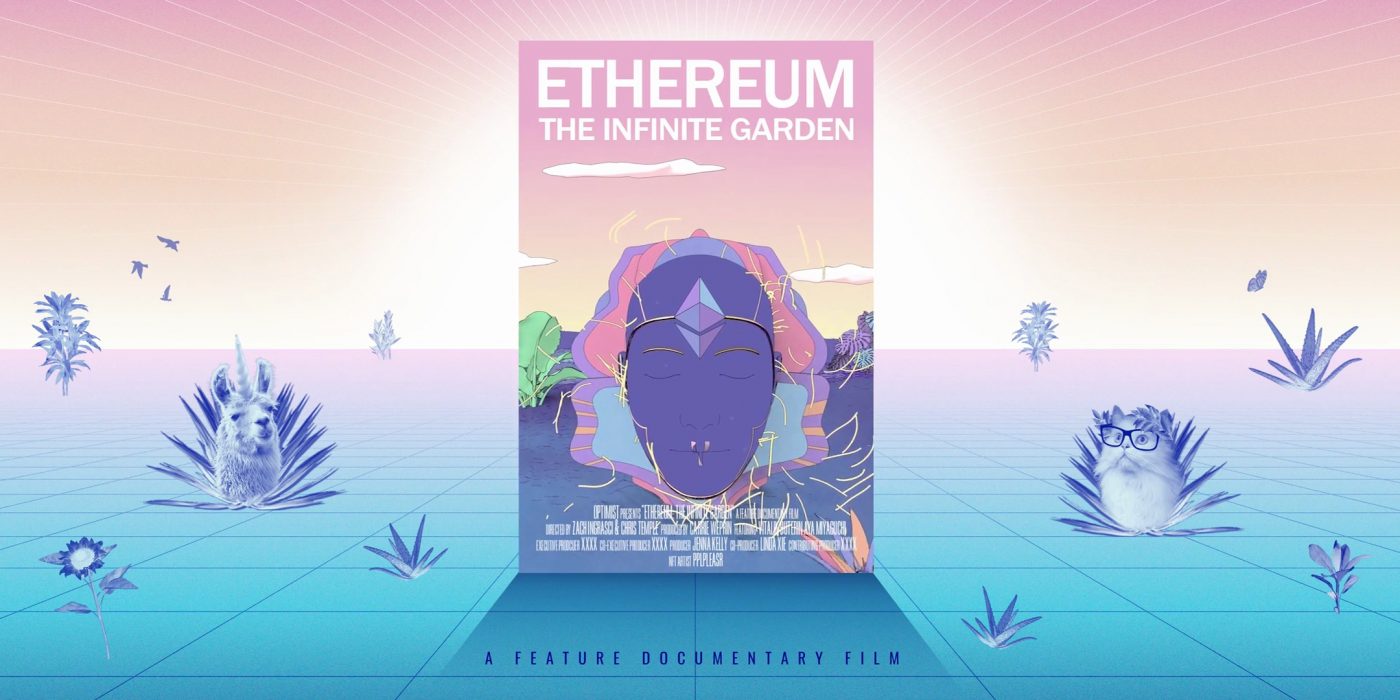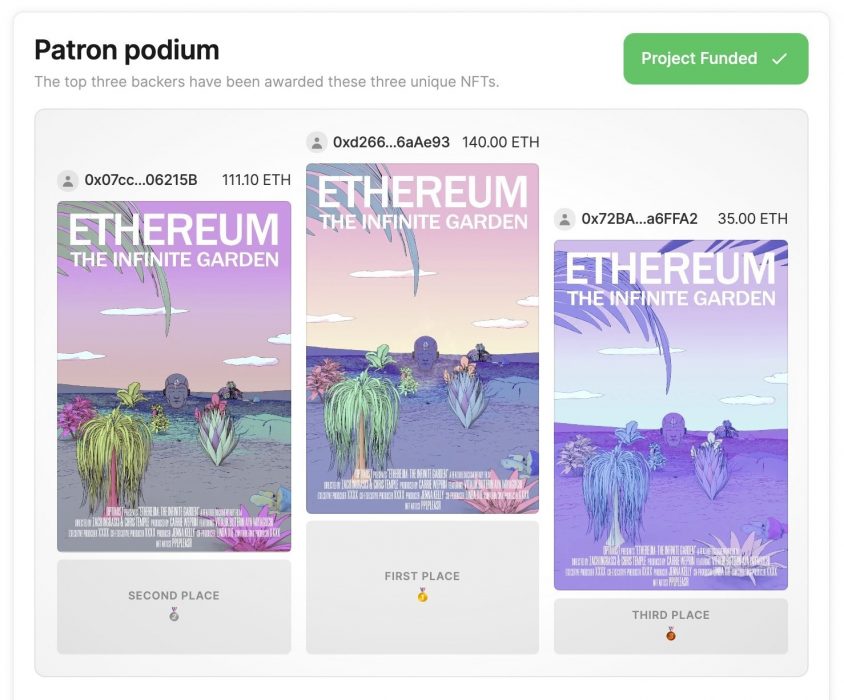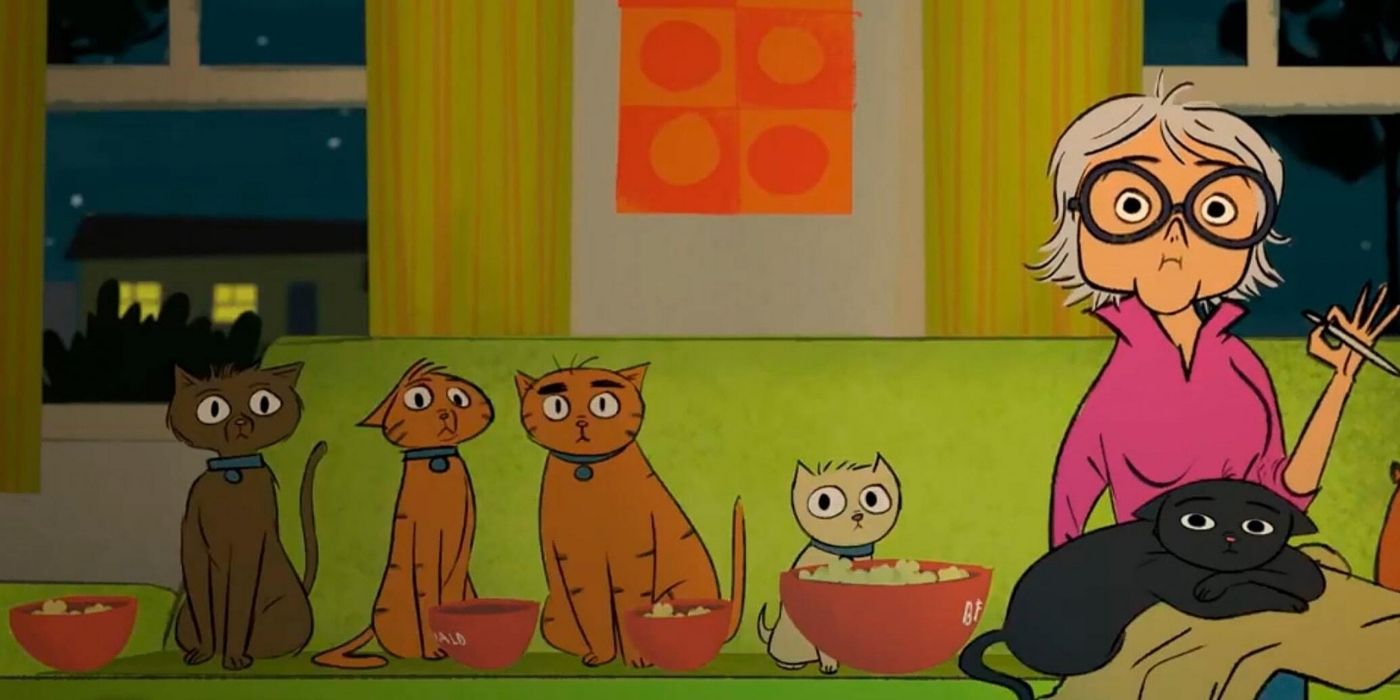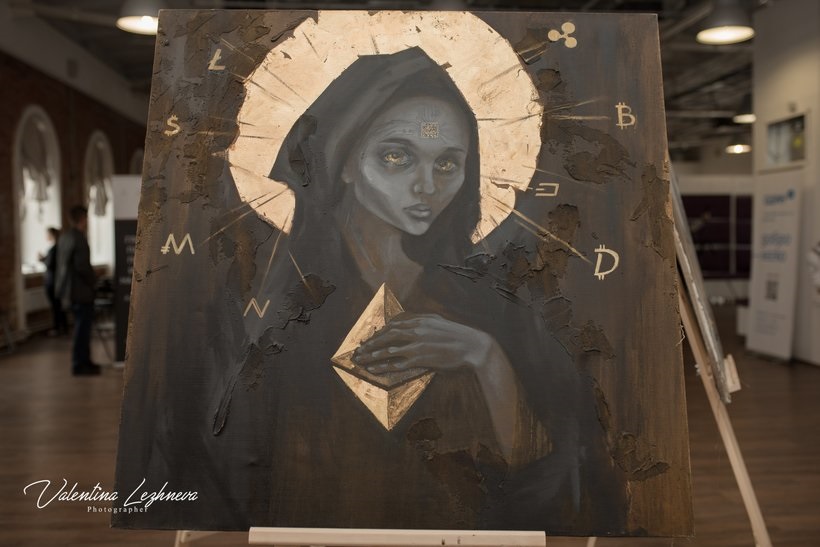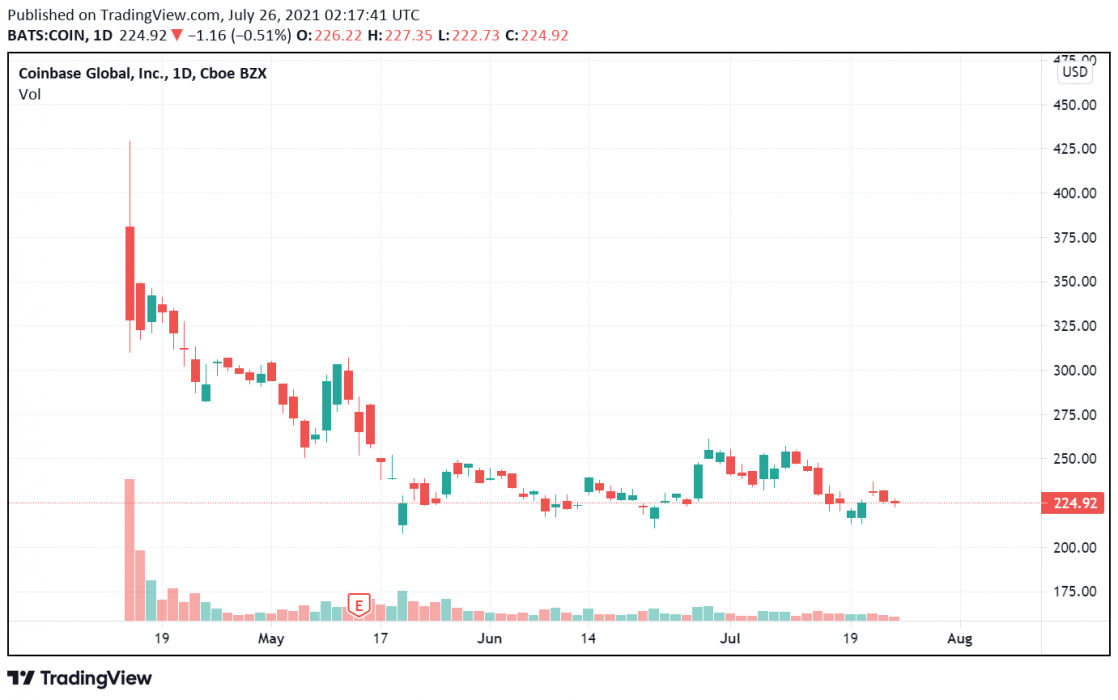Roman Coppola, a member of one of Hollywood’s most important and influential families, has co-founded a decentralised film financing platform based on blockchain technology.
Roman and his illustrious sisters, Gia and Sofia, who are on the company board, aim to use the blockchain-powered platform to decentralise the film financing process, which they hope will lead to the discovery and support of many underrepresented filmmakers.
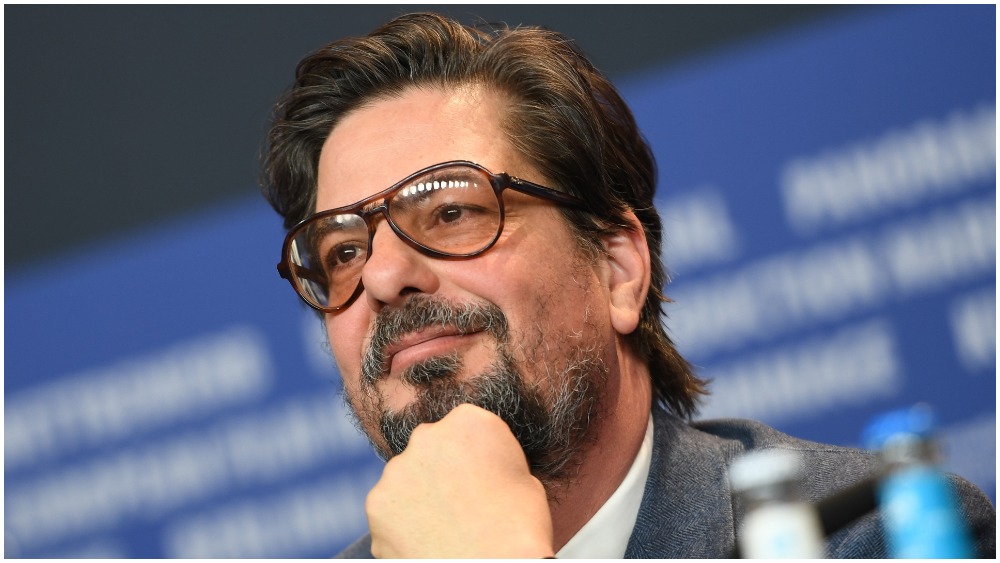
How Will the Platform Work?
In many ways the platform is similar to other crowdfunding websites like Kickstarter and Indiegogo, however Decentralized Pictures (DCP) has the advantage of being purpose-built for discovering and creating film projects, offering not just finance but development support and guidance.
DCP is built to democratise film financing and development. Anyone can upload their project proposal – anyone can vote. Our platform community decides which projects are the most deserving of financing, support, and/or white glove mentoring throughout the life cycle of the film. Runners-up are rewarded with studio and agency introductions. The ethos of this decision-making process is to democratise support for the arts in a collaborative fashion.
Decentralized Pictures media article
At the heart of the platform will be DCP’s own cryptocurrency token. Creators will pay a submission fee using this token, which, through the use of smart contracts, will be used to pay other members of the community for giving feedback on projects. Initially, Decentralized Pictures will select the winners of each round from the projects that receive the most votes, but eventually this selection process will be made entirely by the community.
The blockchain-powered web platform is currently in beta testing through the USC School of Cinematic Arts and the Ghetto Film School. DCP is hoping to make the platform available to everyone by the end of the year.
Learn more by watching the Fireside Chat with Roman Coppola and Leo Matchett.
Exciting Implications for All Artists
The idea of a platform that democratises financing and development could have huge, exciting implications for all artists. The current systems in place for most artistic industries are hugely centralised.
The majority of all art and entertainment comes from movie studios, game studios, television stations, publishing houses and record labels. The content produced is largely based on what these companies believe will generate the most profit.
Many novelists, filmmakers, game designers and musicians could benefit from this new type of platform that gives the power back to the people to decide for themselves what they want to see, play, read and listen to.
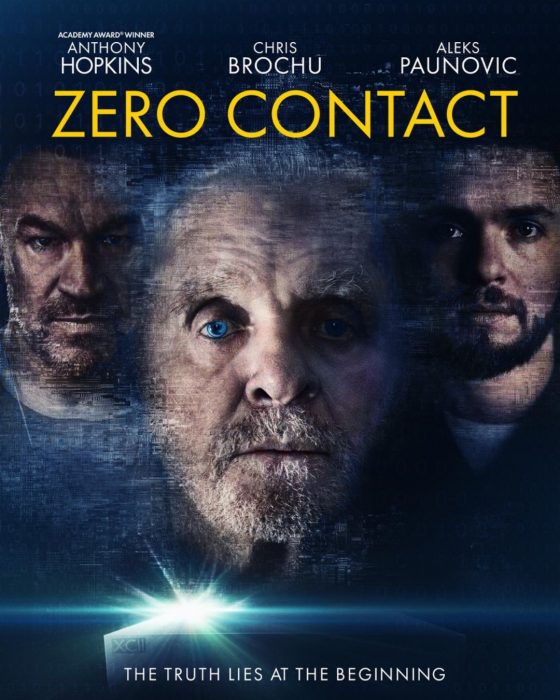
The entertainment industry, especially Hollywood, is definitely taking notice of crypto, with several studios setting up their own NFT platforms and the upcoming release of the first NFT blockbuster, Zero Contact, starring Oscar winner Anthony Hopkins.
The Ethereum documentary, Ethereum: The Infinite Garden, recently raised $US 2.3 million in ETH through crowdfunding and NFTs.

